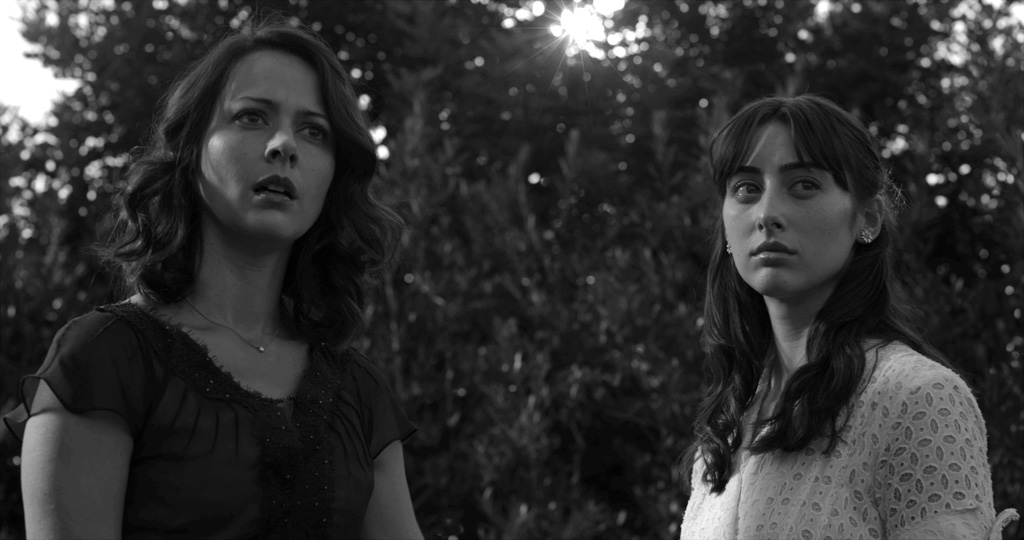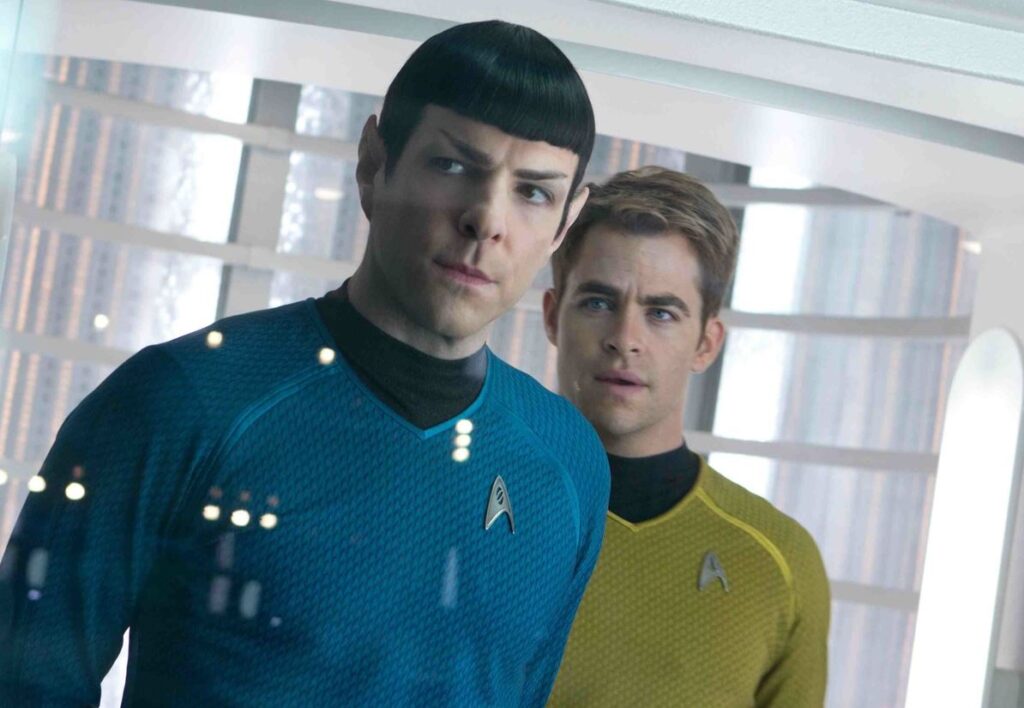The Best Movies of 2013: Honorable Mention (Part I)

And finally, we arrive at the best of the best. Well, almost. Over the past several years, the Manifesto has taken a rather flexible approach when setting the upper bound of its annual “best of” list. Back in 2010, 20 films made the cut. In 2011, a particularly fertile year at the movies, we expanded the field to 25. And for 2012, we narrowed things to a sweet 16. Essentially, the vintage of the particular cinematic year has influenced the length of the list. But this elastic methodology has also saved me from making agonizing choices, sparing me the sheer pain—the metaphysical agony one incurs from settling on a group of 10 titles to officially represent the year’s best—of such a hopeless, arbitrary task.
But that pain is really what list-making is all about. It’s supposed to be difficult, even if it’s also, as a ruthlessly quantitative exercise, rather stupid. Top 10 lists function as de-facto time capsules, a window into the author’s opinions of that particular moment, even if those opinions inevitably mutate with age. They also, if compiled properly, can inspire debate, which is always a healthy consequence of web-based discourse (even if such debates occasionally decay from robust argument to hateful mud-slinging). Perhaps my favorite part of publishing my own top 10 list—an undeniably personal exercise—is having people tell me precisely where I went wrong. And so, going forward, the Manifesto will only be featuring 10 titles on its official best-of list at year’s end.

 There’s an episode of Louie in which Louis C.K. and Robin Williams find themselves as the only mourners at a man’s funeral. They spend the rest of the morning together, reminiscing about the departed and eventually confessing that he was something of a schmuck, which probably explains why his funeral was exclusively attended by two men who barely even knew him. After some bizarre plot developments typical of Louie‘s randomness—as it turns out, the deceased was beloved as a generous benefactor at a local strip club—C.K. and Williams amiably go their separate ways. Before they part, however, they promise each other that no matter what happens, whoever outlives the other will be sure to attend the dead man’s funeral.
There’s an episode of Louie in which Louis C.K. and Robin Williams find themselves as the only mourners at a man’s funeral. They spend the rest of the morning together, reminiscing about the departed and eventually confessing that he was something of a schmuck, which probably explains why his funeral was exclusively attended by two men who barely even knew him. After some bizarre plot developments typical of Louie‘s randomness—as it turns out, the deceased was beloved as a generous benefactor at a local strip club—C.K. and Williams amiably go their separate ways. Before they part, however, they promise each other that no matter what happens, whoever outlives the other will be sure to attend the dead man’s funeral.